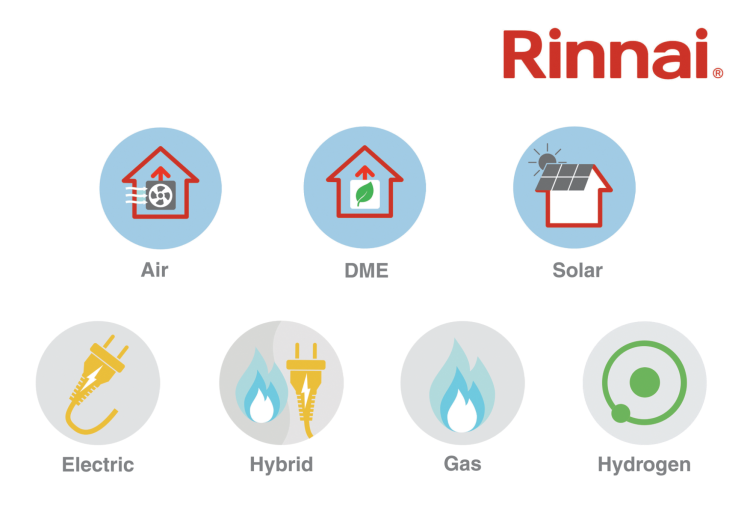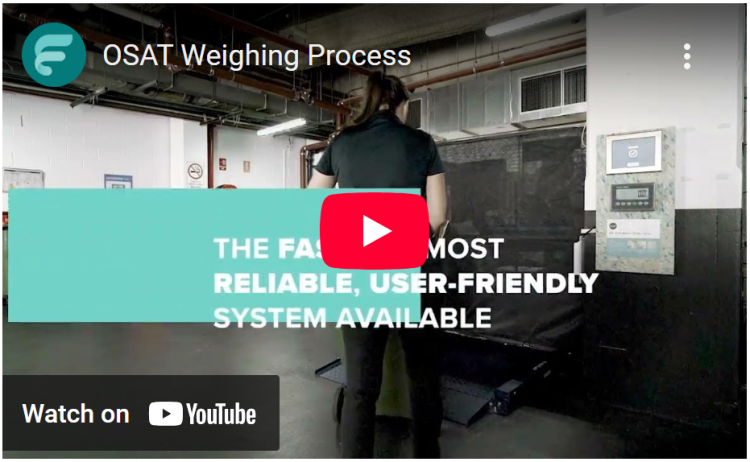01 August 2019 | Updated 09 August 2019
Is the Curriculum Vitae a prerequisite for recruitment or a dying tradition? asks James Doyle, who reckons that in the FM sector, it is most definitely the latter.
For too long, CVs have been the first port of call for businesses. However, often they contain a dry, standard list of qualifications, previous employers, key skills, strengths and weaknesses - without really giving a true picture of that individual as an employee. This makes them an unreliable method of assessment.
Within other service industries, the concept of a CV is irrelevant. When choosing an Uber driver, hairdresser, tattoo artist or cleaner, do you ask to see their CV? No. Success and credibility is based on performance and testimonials. Little of which you can see or trust written on two sides of A4.
Death of the CV
While they’ve been slow to adopt digital transformation, the service industries and in particular, the regulated service industries, are starting to catch up. As such, a whole new world is opening up that is more in line with the modern worker. This is likely to see the death of the CV.
New drivers
Taking inspiration from the likes of Uber, my company has adopted Labour-as-a-Service (LaaS) – a digitally-driven approach to recruitment that leverages artificial intelligence, gamification and machine learning to find fair and flexible temporary work for those within the regulated service industries.
By replacing the human aspect of recruitment with technology, LaaS is removing the lengthy and costly processes and ingrained bias associated with people-driven recruitment.
And without the human, there’s little need for the CV.
Workforce management integration
These technologies are designed to integrate with existing workforce management tools, meaning managers and recruiters no longer need to rely on physical agencies to find and match workers to them. Automated technologies will use proven and validated performance indicators to identify the most suitable and experienced candidate quickly and accurately.
And for the highly regulated service industries within FM, where compliance is vital, these technological advancements are not only providing a solution to the recruitment element, they are also offering a much more efficient and effective way of satisfying legislative requirements such as licensing, screening and vetting.
Transparent performance indicators
So rather than a CV that lists experience to date, a digitally-driven approach would use performance indicators to illustrate a candidate’s credibility, reliability, trustworthiness, suitability and ability to carry out the job.
Taking the security industry as an example, these could be linked to:
-
Reliability – did the officer turn up on time for his/her shift?
-
Performance – star ratings given based on their ability to carry out the job.
-
Credibility – does the officer have the relevant legislative requirements and qualifications?
-
Suitability – does the officer have similar experience to the specific job?
It is this level of transparency afforded by digital alternatives to CVs that is changing recruitment within FM. Trust is established through reviews, guarantees and verifications and can be seen instantly, making the idea of a reference as null and void as the concept of the CV.
A managed marketplace
These managed marketplaces are marking the start of a new era in the FM and regulated service industries. And the recruitment processes need to align. There are now platforms that exist that can manage the entire workforce, from recruitment to payroll, making flexible recruitment a very feasible reality.
It is time for the FM sector to realise, rather than fear, the opportunity that technology and digital transformation offers. Instant access to a verified and performance reviewed pool of suitable workers will bring fairness and flexibility to the industry and will see the end of lengthy recruitment processes as well as the CV.
The author is COO and co-founder of Broadstone a temporary staffing platform that leverages AI and machine learning to match security jobseekers with fair and flexible temporary work opportunities with some of the UK’s largest security and FM employers.
Article written by James Doyle, COO and co-founder of Broadstone | Published 01 August 2019
Share
Related Articles
Modern Slavery Act - Only 8.7% Of Organisations Meet Minimum Compliance
The Transparency In Supply Chains Report can now identify the organisations with no locatable Modern Slavery Statements and automatically assess the compliance of...
Read Full Article
SFG20 Introduces World’s First AI Asset-to-Schedule Mapping Software
SFG20’s latest software module uses AI to identify the appropriate maintenance for assets, reducing manual asset-to-schedule mapping time by up to 95 per...
Read Full Article
Driverless Taxis to be Introduced in London by 2026
Autonomous taxi service Waymo is set to arrive in London by 2026, marking the brand’s first move into Europe.
Waymo’s latest models operate using cameras,...
Read Full Article
Why FM is Central to the UK’s Digital Future
The Tech Prosperity Deal between the UK and the US could present a huge growth opportunity for the facilities management sector.
In this Opinion piece, Richard Sykes,...
Read Full Article
RICS Publishes Global Standard on AI Use in Surveying
The Royal Institution of Chartered Surveyors has developed a new standard for the responsible use of artificial intelligence in surveying practice.
The standard will...
Read Full Article
JLL Introduces AI Property Assistant
JLL Property Assistant delivers recommendations for property managers via a natural language chat interface.
Using data from PropTech platforms, including JLL's...
Read Full Article
Two Thirds of Employees Would Trust AI to Inform Important Work Decisions
A CIPD poll shows that out of 2,000 people, 63 per cent would trust AI to inform important work decisions.
35 per cent wouldn’t trust AI to make important...
Read Full Article
UK Government Plans to Fast Track AI Infrastructure
The government believes that fast tracking planning approvals will help to expand the UK’s domestic AI infrastructure.
Proposed “AI Growth...
Read Full Article
JLL Launches Artificial Intelligence Platform
JLL has released a suite of software services that claim to be the “first comprehensive, ultra-secure AI platform for the commercial real estate...
Read Full Article
Emotion Detection Analysis – Can it Help FMs?
Dan Teare examines the ethics around AI emotion detection analysis and looks at potential use cases for facilities managers.
A recent article from Wired.com discussed...
Read Full Article
.gif)
.gif)
.gif)

.gif)




.png)



.png)




